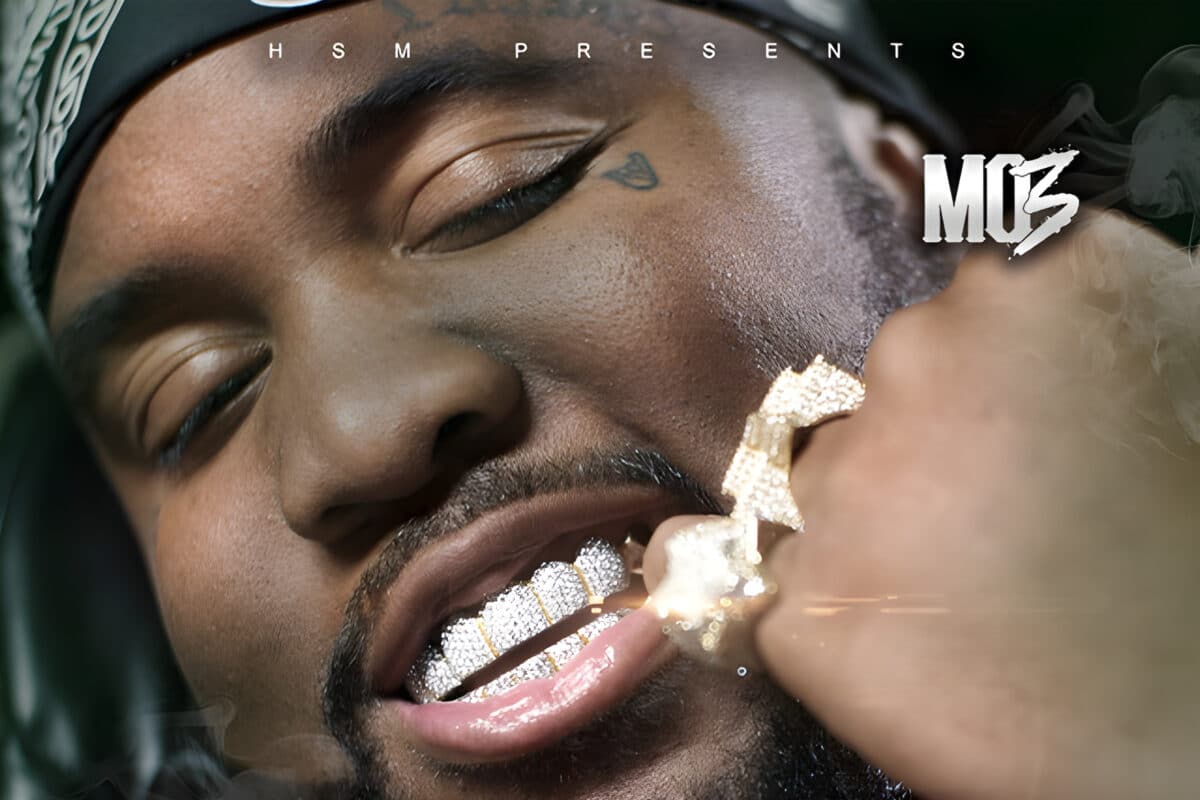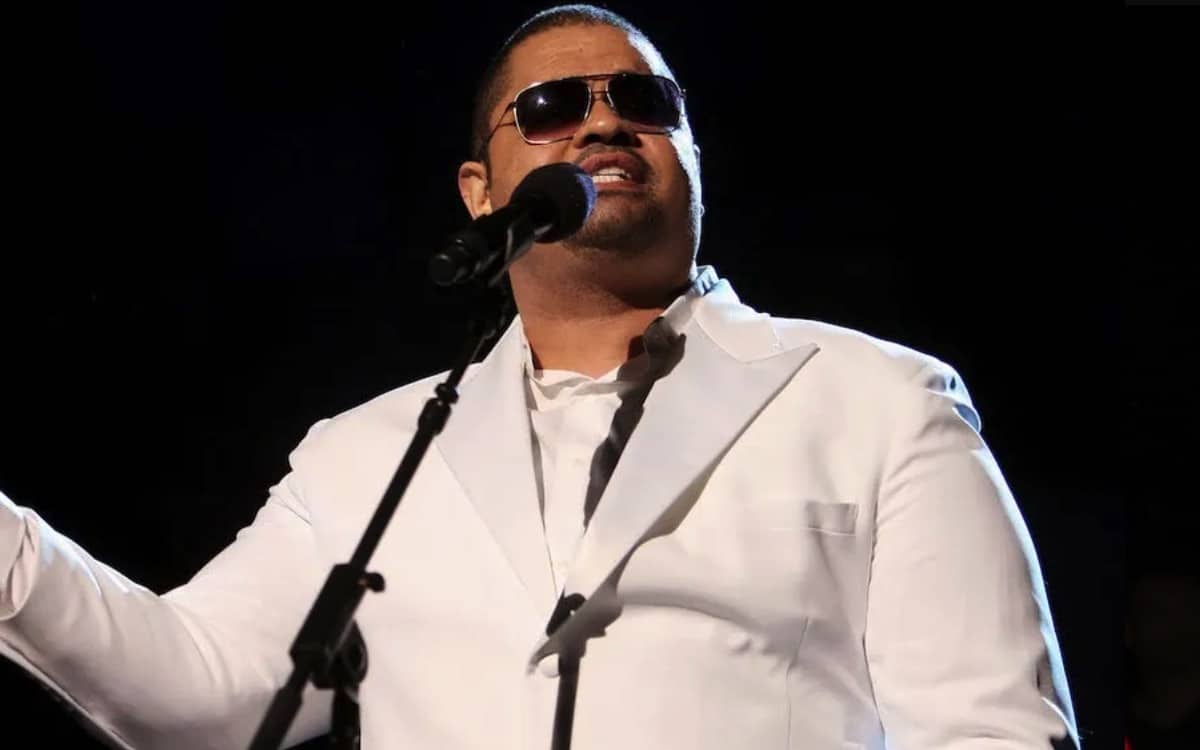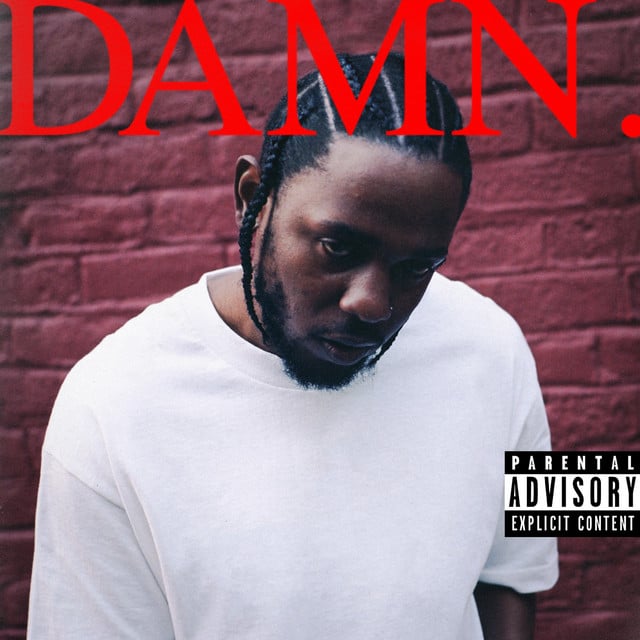Released: 2019
“2.21” by MO3 is a raw, emotional expression of pain, past traumas, and street life, laced with elements of threat and remembrance. The track features vivid storytelling, discussing loyalty, betrayal, and the violent environment the artist has experienced, culminating in an overarching theme of resilience amidst chaos.
The song begins with MO3 addressing the misinformation spread about him. He sets the record straight, indicating that he’s not here to dis his peers but to speak truth to his experiences. The opening lines set a serious tone, highlighting his desire to honor his fallen friend on what would have been their birthday, acknowledging a shared reality and connection within their group or ‘gang.’
The hook is repeated throughout the song and revolves around themes of trauma and survival. MO3 acknowledges the lasting effects of his past on his psyche, expressing that he’s been ‘traumatized’ and implies his readiness to respond violently if provoked. Yet, there’s a call for restraint, a recognition of the cycle of violence, and a wish to break from it—pleading not to “do ’em bad.” This contradiction shows the constant battle between his experiences and his desire for peace.
In the first verse, MO3 delves deeper into his reputation and the realities of street life. He addresses his enemies, asking them not to snitch (‘tell on me’), highlighting his background with ‘too much felonies,’ and reinforcing his refusal to back down from any conflict. By declaring “219 that’s my memory,” MO3 anchors the song to a significant date or number, perhaps marking a tragic event or loss that holds meaning to him.
The narrative continues with vivid descriptions of violence and retribution. MO3 mentions incidents of gunfire, drive-bys, and altercations that paint a stark picture of the environment he navigates. The term ‘slanging iron’ refers to shooting guns, and ‘sticks’ denotes firearms, creating imagery of chaotic scenes of violence. His determination to maintain his reputation and honor the memory of those lost in these conflicts is evident.
MO3’s conversation with Mr. Hickado introduces an element of tension between wanting to distance himself from violence and being pulled back into it. This is a portrayal of an internal struggle many individuals from such backgrounds face, trying to leave the past behind but constantly being reminded of it by the world around them. The reluctance in Hickado’s tone underscores a yearning for peace, contrasting MO3’s readiness for conflict.
As the verse progresses, MO3 compares himself to notorious figures like ‘Osama’ and ‘El Chapo,’ and references popular horror characters, emphasizing his dangerous persona and readiness to act violently. This comparison shows how he perceives himself as untouchable or at least wishes to project such an image to those who might threaten him. The imagery is bold and invokes the same fearsome aura these figures command.
Further into the track, the line about being a “Gorilla” with no words spoken signals an animalistic and primal instinct to defend himself and his circle. His connection to the ‘hittas’—those who execute violence—emphasizes the protective measures he’s willing to take. There’s an undertone of brotherhood, illustrating how MO3’s past actions are driven by loyalty to those who have been in the trenches with him.
The outro repeats the hook, reiterating MO3’s reflections on his troubled past and the risks of violence. However, he underscores that his weapon ‘stays on me,’ suggesting that despite wanting to leave behind violence, he remains on guard. The shout-out to ‘219’ closes the loop of personal reflection, grounding his narrative in memories that keep his resolve and motivations alive.
In conclusion, “2.21” by MO3 captures the turbulent reality of street life, loyalty, and survival. It offers a gritty insight into MO3’s life and mindset, intertwined with both personal vulnerability and bravado. Through vivid imagery and honest reflections, MO3 sheds light on the dichotomy of desiring peace while being ready to wage war to protect oneself and honor lost loved ones. This duality is at the heart of many hip-hop narratives, mirroring broader societal issues.








